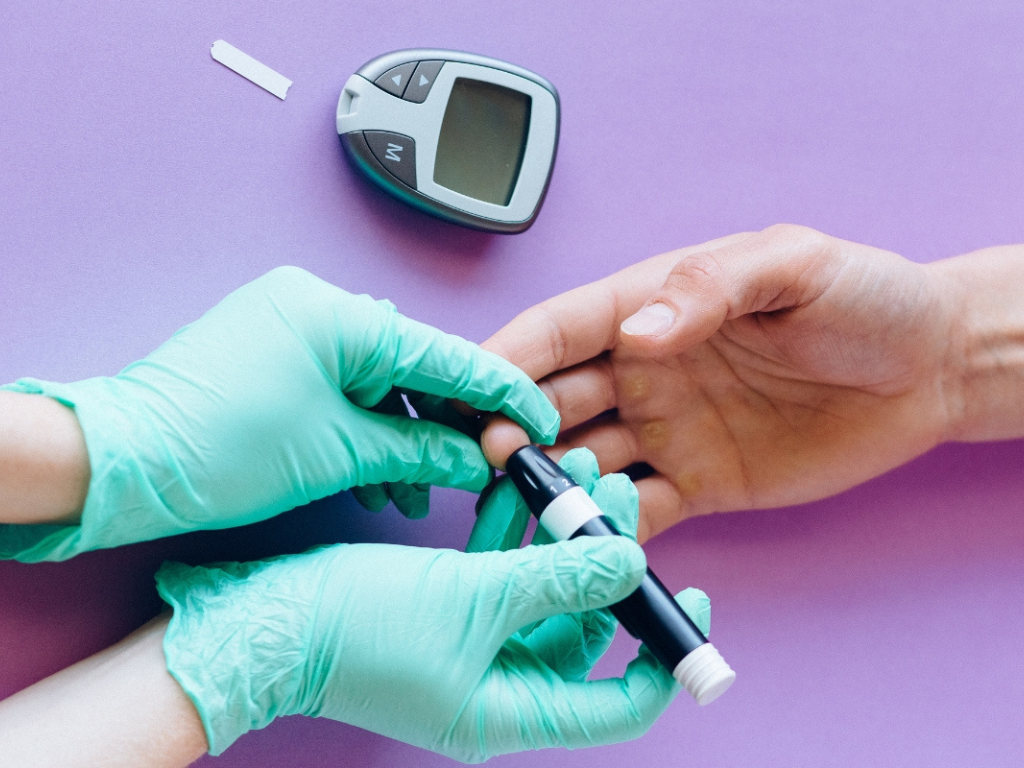Diabetes, my GP, and me!
Did you know over 1.9 million Australians live with diabetes? More than 300 new cases are diagnosed every day! Let’s explore the diabetes types, signs and symptoms, steps you can take to help prevent the condition, and how your GP can help with prevention, diagnosis, and long-term management.
What is diabetes?
There are three main types of diabetes, called Type 1 Diabetes, Type 2 Diabetes, and Gestational Diabetes. Other less common types also exist.
Type 1 Diabetes
Type 1 Diabetes is a chronic autoimmune condition in which the body’s immune system destroys the insulin-producing cells in the pancreas. People with Type 1 Diabetes are unable to produce their own insulin. This leads to a lifelong dependence on insulin injections or an insulin pump to maintain proper blood sugar control.
Type 2 Diabetes
Type 2 Diabetes is a metabolic disorder characterised by the body’s inability to effectively use insulin. Type 2 Diabetes often develops in adults and is associated with lifestyle factors such as obesity, physical inactivity, and poor diet. These factors can lead to insulin resistance, where the body’s cells do not respond well to insulin. Blood sugar levels become elevated and the pancreas may struggle to produce enough insulin to compensate.
Type 2 Diabetes is a progressive condition that can be managed through lifestyle changes including diet and exercise, as well as medications or insulin. It is a chronic disease that can lead to complications if left uncontrolled.
Gestational Diabetes
Gestational Diabetes is a temporary form of diabetes that occurs during pregnancy. It develops when a woman’s body cannot produce insulin efficiently to regulate her blood sugar levels, often due to the hormonal changes during pregnancy. Gestational Diabetes is typically diagnosed through routine prenatal screenings and usually resolves after childbirth.
What is insulin?
Insulin is a hormone necessary for regulating blood sugar levels and enabling the body’s cells to absorb glucose for energy.
What are the early signs and symptoms of diabetes?
Many people with diabetes don’t experience symptoms in the early stages, which is why it is crucial to have regular check-ups with your GP.
Some early signs and symptoms of diabetes may include:
- Excessive thirst
- Frequent urination
- Unexplained weight loss
- Fatigue
- Blurred vision
- Increased hunger
- Slow wound healing
- Recurrent infections
- Tingling or numbness
How can a GP help people with diabetes?
Your GP is usually your first point of contact for any health concerns and will coordinate your diabetes care and refer you to specialists.
Can a GP diagnose diabetes?
Diabetes is diagnosed through a blood test that measures your blood glucose levels. This test is ordered by your GP and confirmed by a laboratory. You should have the results back in a few days.
Can a GP write scrips for diabetes medications?
Yes, your GP will prescribe your diabetes medications, including insulin.
How can you prevent or delay the onset of diabetes?
Type 2 Diabetes risk factors that cannot be changed include:
- being over 40
- family history of diabetes
- ethnicity
- history of gestational diabetes or PCOS
Type 2 Diabetes risk factors that can be reduced (known as modifiable lifestyle factors) include:
- carrying excess weight
- physical inactivity
- unhealthy eating
- smoking
- high blood pressure
- high cholesterol
Lifestyle modifications can reduce your risk of developing Type 2 Diabetes, delay its onset, or prevent it altogether. This includes maintaining a healthy weight (especially around your middle), choosing healthy foods, and keeping physically active.
Take the Diabetes Australia diabetes online risk calculator.
Regular check-ups with your GP are crucial for the early detection of diabetes, especially for those at risk due to family history, obesity, or other predisposing factors. Early detection and appropriate treatment are key to effectively managing diabetes and preventing complications.

